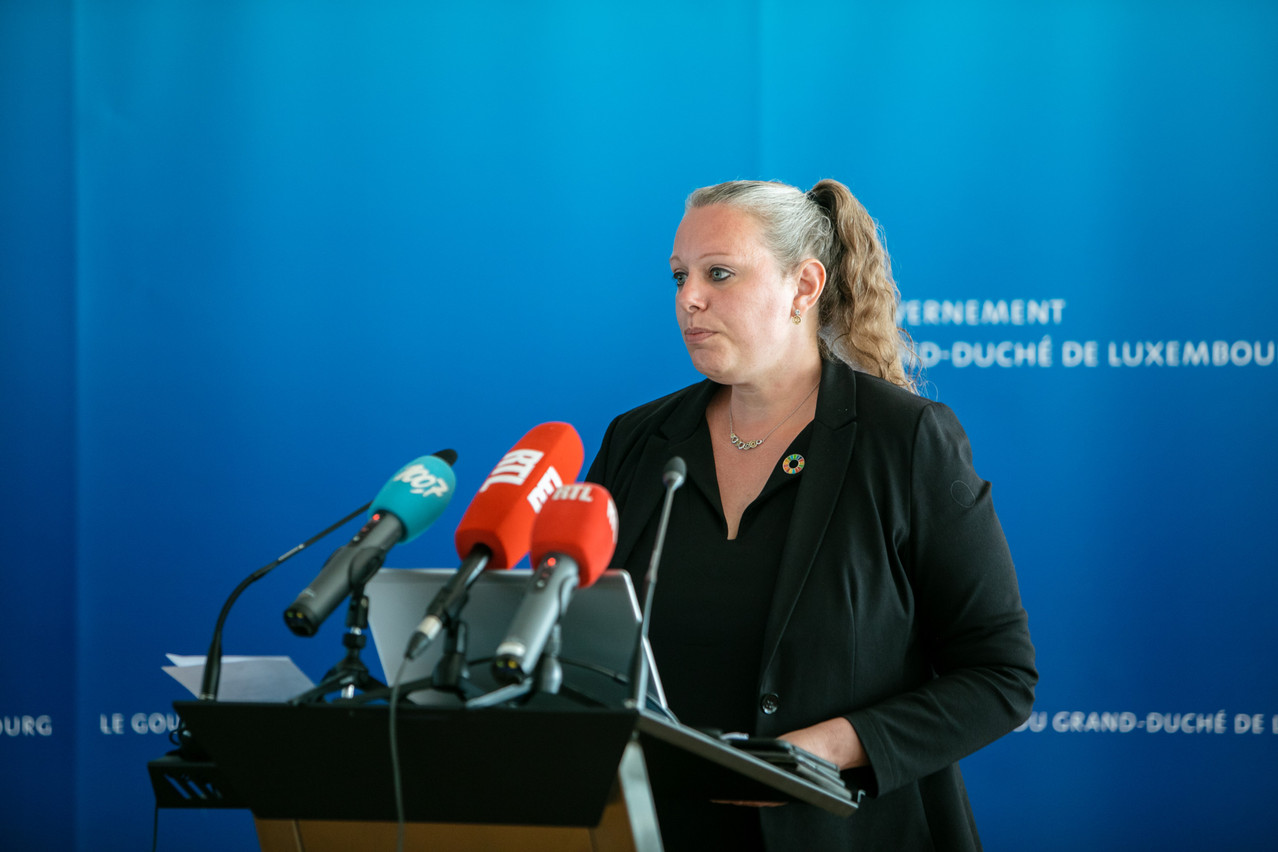Dieschbourg handed in her , stating that she wanted to be investigated through the public prosecutor’s office rather than make parliament lose valuable time. A clause in the constitution had, however, suggested that Dieschbourg should still be , as she was a minister at the time of the case involving Green party colleague Roberto Traversini.
Now, the matter takes another turn. Déi Gréng have requested for the legal expertise and opinion of constitutional expert Luc Heuschling, a professor at the University of Luxembourg, to be heard, with members of parliament agreeing to the request on 4 May.
Outdated procedure
had explained that the clause in question is being dropped as part of a constitutional reform already well underway, as it does not correspond to modern procedures. The colleagues of the minister would among those to judging her case an obstacle to impartiality, he said.
For Heuschling, parliament has two choices in the matter: it can either interpret the constitution so that Dieschbourg’s resignation means she will not be investigated by the deputies. Or, as is the case in Belgium, she would be investigated by parliament, which risks receiving a slap on the wrist from the European Human Rights Court over the procedure.
With Heuschling’s opinion requested by the Chamber of Deputies, they could choose to drop her case, sending it back to the public prosecutor’s office. But as the CSV’s Gilles Roth tells the Luxemburger Wort, many deputies have already had access to the case file. Should the chamber not be deemed competent to handle Dieschbourg’s case, this would mean that investigative secrecy has been breached. This bump in the road could stall the case further.
